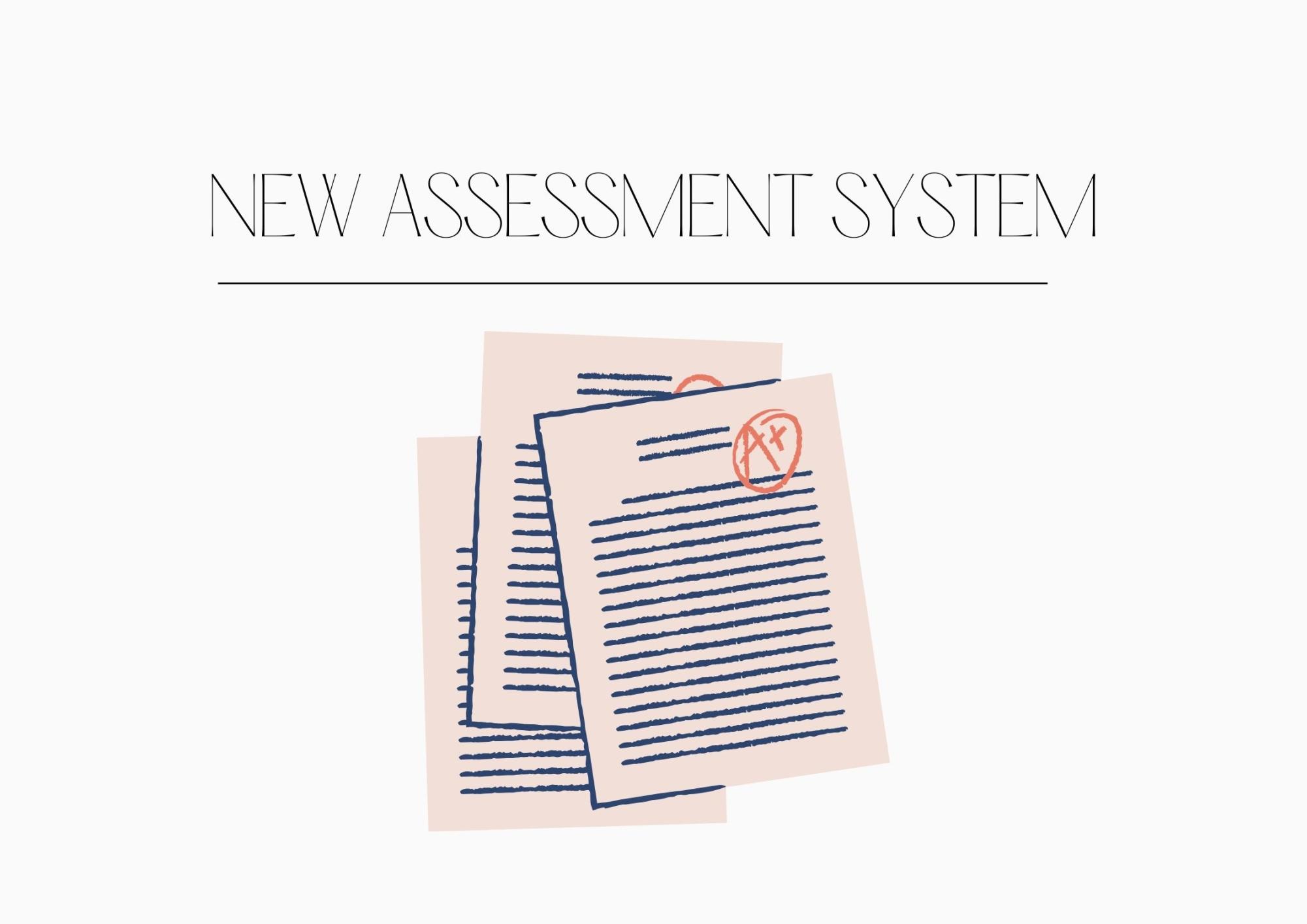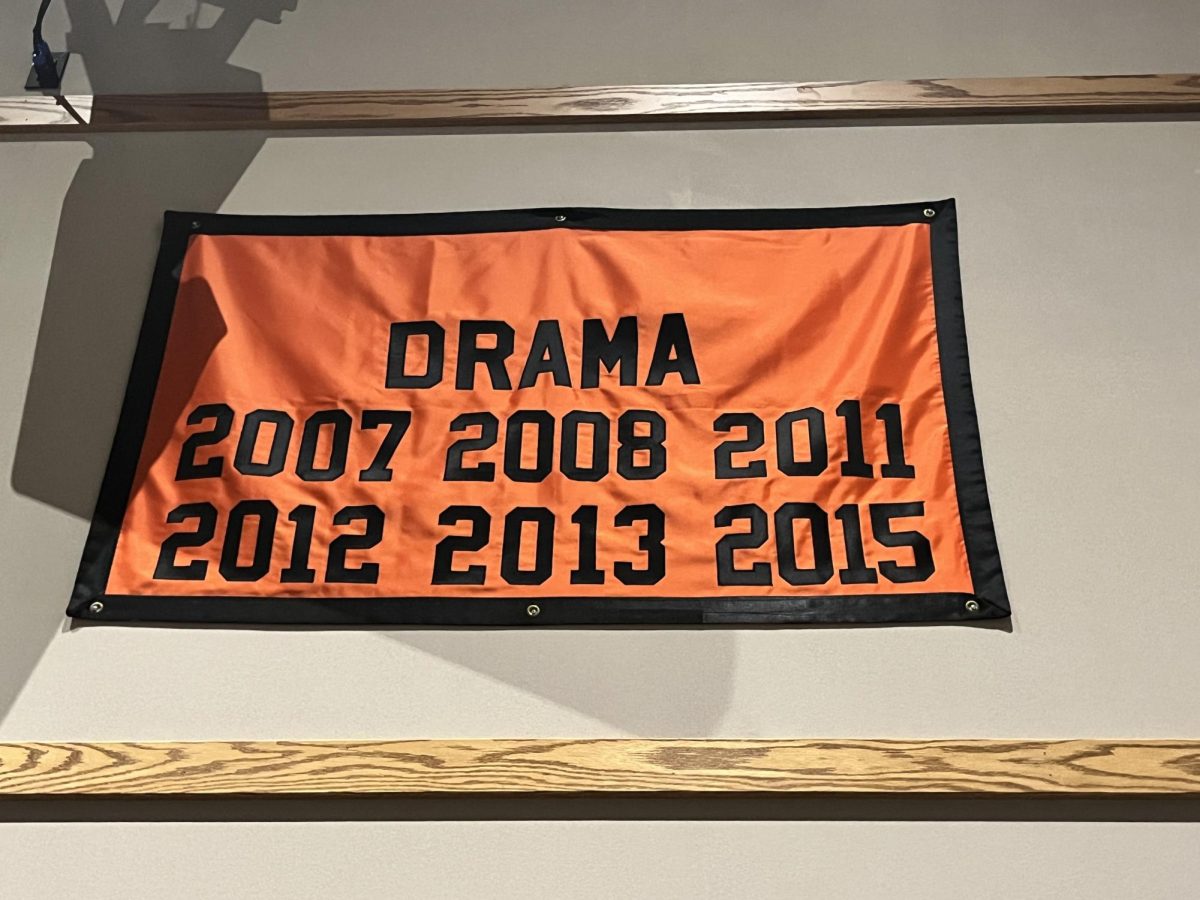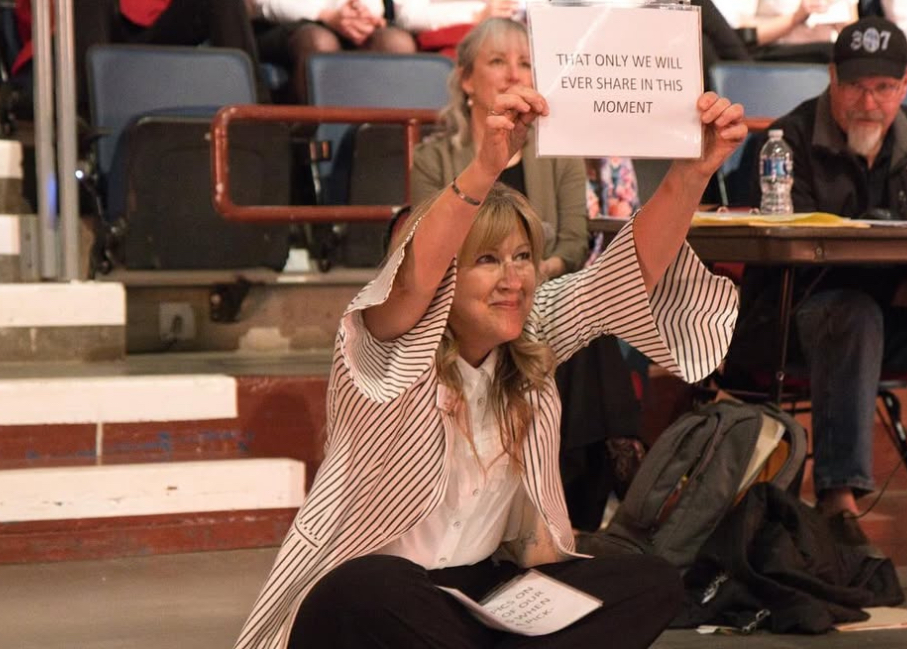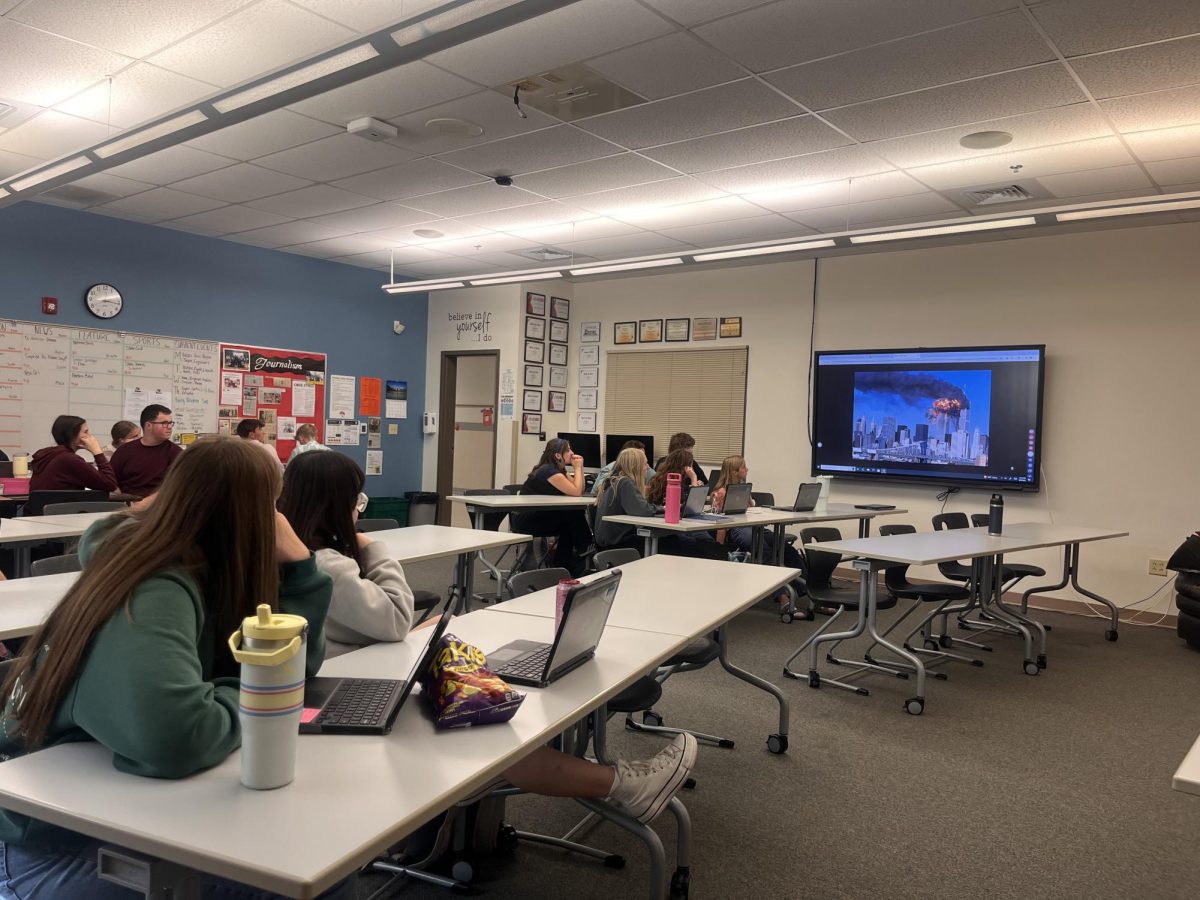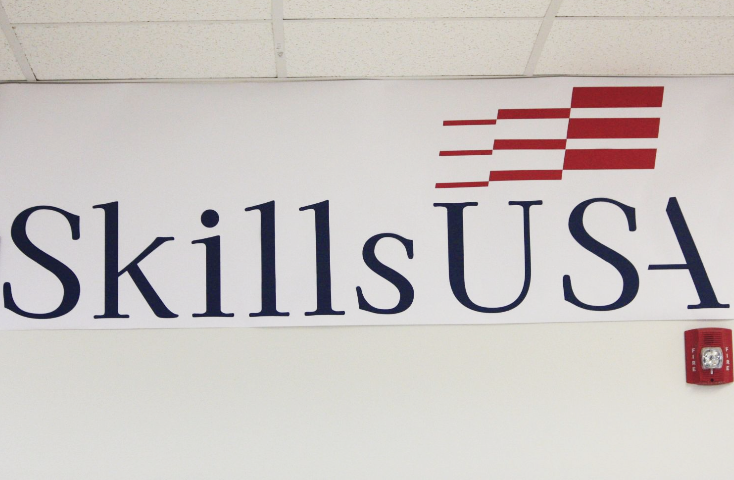Troubles concerning knowledge gained in school have created a new grading policy for Powell High School. There was discussion that helped create insight as to why this change was necessary.
“We saw a need for consistency because we were all over the map in terms of how different teachers handled different grading issues; e.g., late work, retakes, cheating, etc,” PHS principal Timothy Wormald said. “We thought that having consistent expectations across all classes would benefit our students and our staff.”
The grading policy hasn’t affected how some teachers give assignments, but it has changed the weight of those assignments.
“As far as the math department is concerned, we are still doing a lot of the same things that we were before the change,” math teacher Mr. Russ Schwahn said. “The main difference is that the daily assignments or the practice grade is worth [less] in the new system.”
One of the problems with the old system was unfinished work. Students might have not cared, saw the benefit in it, or simply forgot to turn work in. With this new policy, these bugs have been weeded out.
“To support some of the changes we made, we have bolstered our intervention system,” Mr. Wormald said. “Teachers need evidence of learning. When students do not submit assignments, teachers do not have sufficient evidence to determine what the students know and don’t know. That’s why we are putting so much emphasis on supporting work completion in that performance assessment category. We want to force the issue and require students to turn in assignments.”
One of the main gains for the students is the opportunity to try again. Instead of feeling reprimanded for not knowing something, they get to study for those big tests again and try once they have shown they have gained the knowledge they need.
“Students may also request to retake performance assessments once to show that additional learning has taken place,” English teacher Mrs. JoEllen Varian said. “Each teacher has a slightly different process for how students may request the retakes, but mostly they center on demonstrating additional learning before they have a second attempt.”
While adjusting to the new system, mini troublesomes may occur, but they can be easily fixed over time.
“I think that we have some wrinkles to iron out as we go along, but we are seeing less failures and more homework being completed, so that is good,” science teacher Mrs. Lenita Moore said. “I think it will be around for a while, but education is notorious for its trends that come and go, so time will tell.”
Even with little kinks in the policy, many teachers have already seen a benefit.
“This grading system is beneficial for me, as a teacher, because it helps me be able to give students helpful feedback and show them how they can improve,” Mrs. Varian said. “The final unit deadlines for practice work are also helpful for the same reasons. Additionally, I have been seeing a lot more work turned in from students, which means more practice is happening in preparation for the assessment.”
Throughout all the different classes, it is evident that this new grading policy is what is best for the students.
“I am very proud of our faculty for the work they did last spring to produce a really good document that outlines our grading guidelines,” Mr. Wormald said. “We weighed a lot of ideas and looked at a lot of options and came up with, what I think, is a really strong set of guidelines. That said, the guidelines are not perfect. As we ‘wear’ these guidelines for a while, we’ll identify some holes and some ragged parts that will need fixed. I anticipate that we’ll make some tweaks to the guidelines over the course of time. But, we’ve got a really good foundation, and I see us continuing to use some semblance of these guidelines for a long time to come.”



